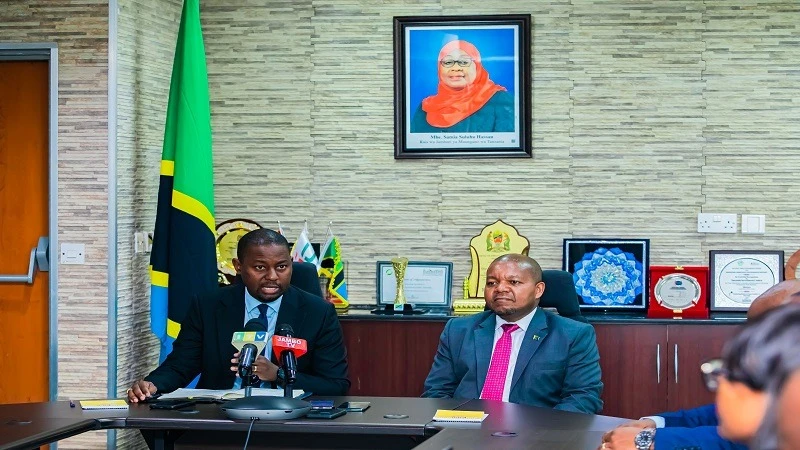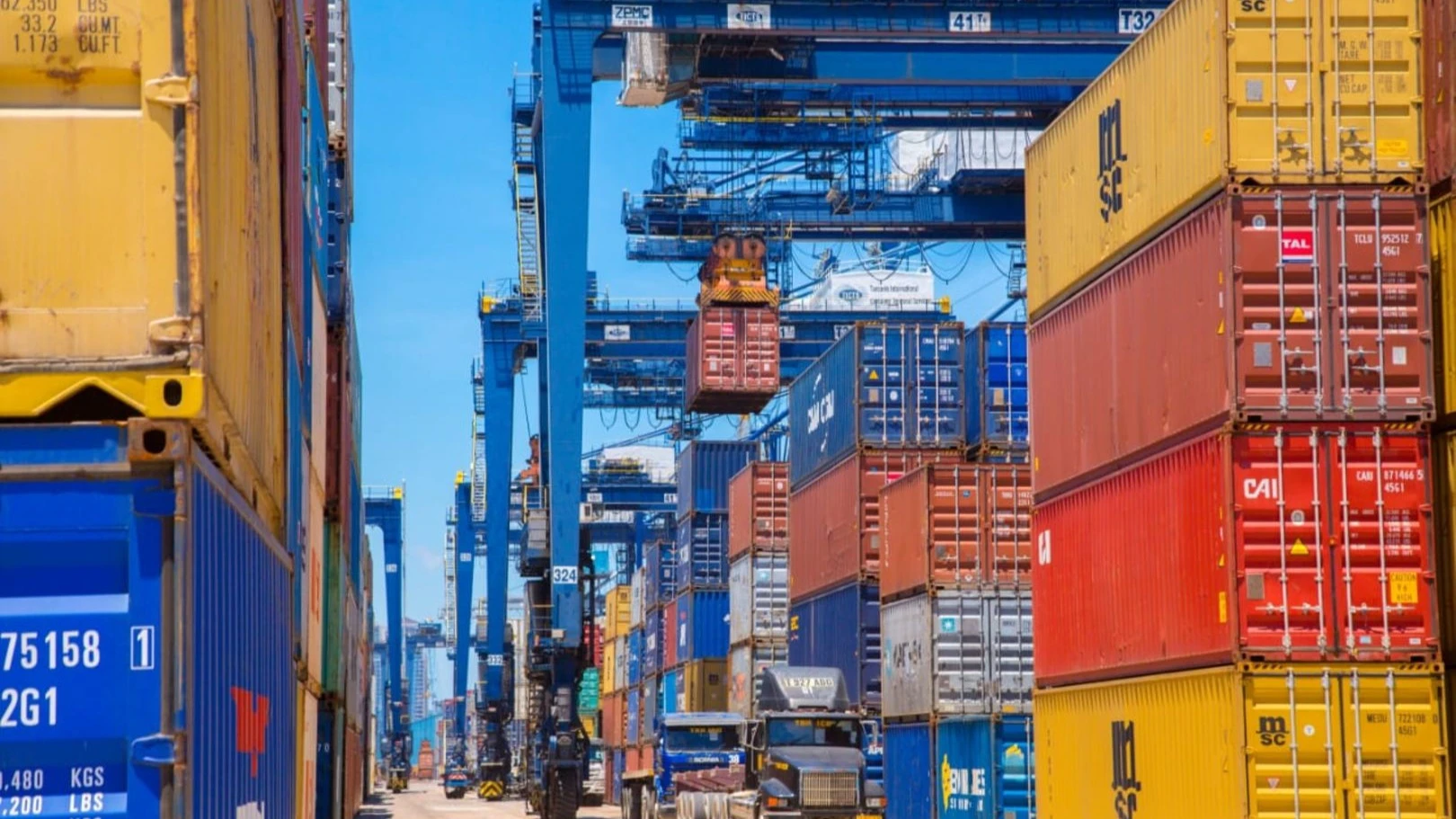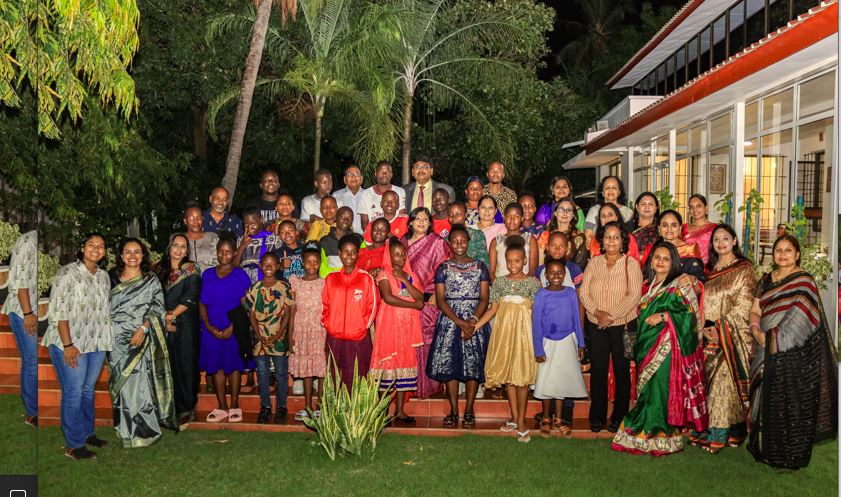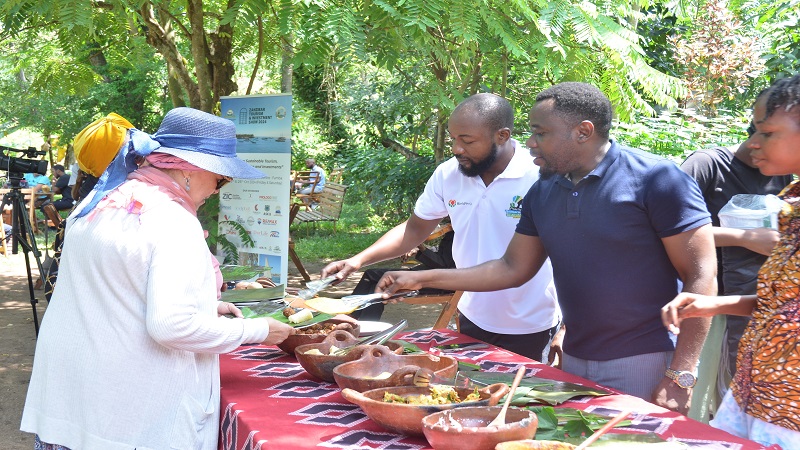Tanzanian seafarers plead for better working conditions as blue economy investments grow
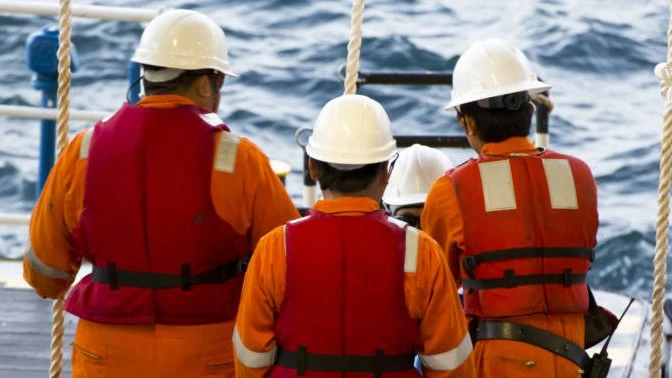
IN marking the International Seafarers' Day on June 25, 2024, Tanzanian seafarers made a call to the government to boost their job prospects and improve their working conditions. Amid the celebrations themed ‘Navigating the Future: Safety First’ local seafarers highlighted their struggles with safety, benefits, and employment opportunities.
The five-day event, which kicked off on June 22, reached its peak in Bagamoyo, Coast Region. As Tanzania pours substantial investments into its blue economy, focusing on new ships, ports, and shipyards, seafarers are hopeful that these advancements will extend to better working environments and more robust support systems.
Despite the International Maritime Organization's (IMO) theme for this year's celebrations, ‘Navigating the Future: Safety First’ local seafarers feel neglected in terms of safety, benefits, and job opportunities.
As Tanzania invests heavily in its blue economy infrastructure, including the construction of new ships, ports, and shipyards, the country's seafarers hope to see parallel improvements in their working environment.
“Tanzania's watersheds form the basin areas for three of Africa's longest rivers, including the Nile, Congo, and Zambezi, in addition to several prominent trans-boundary lakes such as Lake Victoria, Malawi, and Tanganyika,” states a 2021 USAID report on Water Resources Profile Series.
With a 1,420-kilometer coastline along the Indian Ocean, Tanzania's coastal communities are naturally inclined towards water-based occupations. However, many young Tanzanians, despite dreaming of seafaring careers, end up as unskilled fishermen due to a lack of training and modern tools.
“Challenges faced by seafarers include weak maritime management tools, a lack of maritime employment policies and regulations, oppressive maritime recruitment practices, poor seafarer entitlements, and poor working and living conditions, particularly for young people and women," said the Tanzania Seamen's Union (TASU) in a press release. TASU urged the government to address these challenges to ensure more Tanzanians can access profitable seafaring careers.
Despite the vast water resources, Tanzania experiences significant fatal accidents on its rivers, lakes, and oceans. Data from the Tanzania Shipping Agencies Corporation (TASAC) reveals that in 2023 alone, seven people died, and 57 were injured in water-based accidents.
Tragic incidents like the 1996 MV Bukoba sinking, which claimed over 800 lives, and the 2011 MV Spice Islander disaster, which killed 243, highlight the need for stricter safety measures.
Dr Wifred Kileo, Acting Principal of the Dar es Salaam Maritime Institute (DMI), emphasized the importance of regulatory advocacy to safeguard human life and ensure safe cargo transportation. "All of the major deadly accidents in the vast Indian Ocean, lakes Victoria, Tanganyika, and Nyasa were due to human behavior rather than mechanical or infrastructural failure," he said.
The government's investment in the blue economy includes renovating defunct ships and constructing new ships and ports.
Projects like the nearly completed MV Mwanza passenger ship for Lake Victoria and the new cargo ship for Lake Tanganyika are expected to create more seafaring opportunities.
Renovations and new constructions at major ports, including Dar es Salaam, Tanga, and Zanzibar, and new ports on Lake Victoria, underscore this commitment.
With over 8,000 registered marine officers, including more than 2,300 seafarers, according to TASAC, these numbers are anticipated to grow as Tanzania's blue economy expands.
As TASU continues to push for better conditions, there is hope that the future of Tanzanian seafarers will be brighter, safer, and more prosperous.
In his opening remarks at the World Seafarers' Day event, Zanzibar's Minister for Infrastructure, Communication, and Transport, Dr. Khalid Salum Mohamed, hailed the efforts of ZMA and TASAC in promoting seafarers' well-being. He emphasized the government's commitment to investing in the maritime sector to enhance trade and create more jobs for seafarers.
"Seafarers are the backbone of the maritime industry, working tirelessly to transport goods and services across the globe.
However, their work often comes with significant challenges, including long working hours, isolation from family and friends, and exposure to hazardous conditions," said the Director General of the Zanzibar Maritime Authority (ZMA), Mtumwa S. Sandali, in her opening speech. She highlighted the need for decent working conditions and support services for seafarers, including access to quality healthcare, education, and social protection.
Tanzania's celebration of World Seafarers' Day aims to raise awareness of the critical role seafarers play in global trade and the importance of ensuring their safety and well-being. The event brought together key stakeholders from the maritime industry, including government officials, maritime organizations, seafarers, and the general public.
Countries with successful maritime industries, such as Norway and Japan, showcase how substantial investments in training and safety can elevate the seafaring profession into a lucrative and esteemed career path. Emulating these models, Tanzania's ongoing investment in its blue economy heralds a promising future for its seafarers.
Enhanced working conditions and rigorous safety measures will allow more Tanzanians to secure profitable maritime careers, fueling the nation's economic growth and development. With these advancements, Tanzania's maritime sector is set to flourish, offering seafarers not just jobs, but secure and rewarding futures.
The day of the seafarer, observed on June 25, was established by a resolution adopted at the 2010 Diplomatic Conference in Manila to recognize the unique contributions of seafarers to international trade, the global economy, and civil society. The resolution encourages governments, shipping organizations, companies, and shipowners to promote the Day of the Seafarer and celebrate it meaningfully. Recognized by the United Nations as an observance day, it underscores the vital role seafarer’s play worldwide.
Tanzania's commitment to improving the lives of its seafarers marks a significant step towards a brighter future for the maritime industry. As the country continues to invest in its blue economy, these efforts aim to create safer, more prosperous careers for its seafarers, driving national growth and development. The government's focus on enhancing training, safety, and working conditions is set to transform the seafaring profession into a beacon of opportunity and success, ensuring that Tanzania's maritime sector thrives globally.
To address the challenges facing seafarers in Tanzania, strategic measures are being implemented. The establishment of comprehensive maritime training programs is crucial. By partnering with international maritime institutions and incorporating modern technologies, Tanzania can equip its seafarers with the skills and knowledge required to excel in a competitive global market. The Dar es Salaam Maritime Institute (DMI) is already playing a pivotal role in this regard, offering advanced training and certification courses.
Improving safety standards on vessels and in ports is also essential. The introduction of stricter safety regulations, regular inspections, and the use of state-of-the-art safety equipment will significantly reduce the risk of accidents. Learning from countries like Norway and Japan, Tanzania can adopt best practices in maritime safety management, ensuring a safer working environment for its seafarers.
Addressing oppressive recruitment practices and ensuring fair treatment and entitlements for seafarers is vital. The Tanzania Seamen's Union (TASU) is actively advocating for the rights of seafarers, pushing for the implementation of fair maritime employment policies and regulations. This includes ensuring timely payment of wages, adequate rest periods, and access to healthcare and social protection services.
Fostering a supportive community for seafarers, especially for young people and women, is critical. Initiatives such as mentorship programs, career counseling, and providing modern tools and resources can help aspiring seafarers transition smoothly into the industry. Ensuring gender equality and inclusivity in the maritime sector will also open up more opportunities for women, empowering them to pursue successful careers at sea.
The government's investment in renovating defunct ships and constructing new vessels and ports demonstrates a long-term commitment to strengthening the maritime infrastructure. Projects like the nearly completed MV Mwanza passenger ship for Lake Victoria and the new cargo ship for Lake Tanganyika are expected to create numerous job opportunities. Enhancing major ports, including Dar es Salaam, Tanga, and Zanzibar, further underscores this commitment.
Tanzania's celebration of World Seafarers' Day underscores the nation's dedication to recognizing and improving the vital role of seafarers. By addressing challenges head-on and implementing robust measures, the country is paving the way for a thriving maritime industry.
With these advancements, Tanzanian seafarers can look forward to secure, rewarding futures, contributing significantly to the country's economic growth and development. The government's strategic efforts ensure that Tanzania's maritime sector will not only survive but flourish on the global stage.
Top Headlines
© 2024 IPPMEDIA.COM. ALL RIGHTS RESERVED











